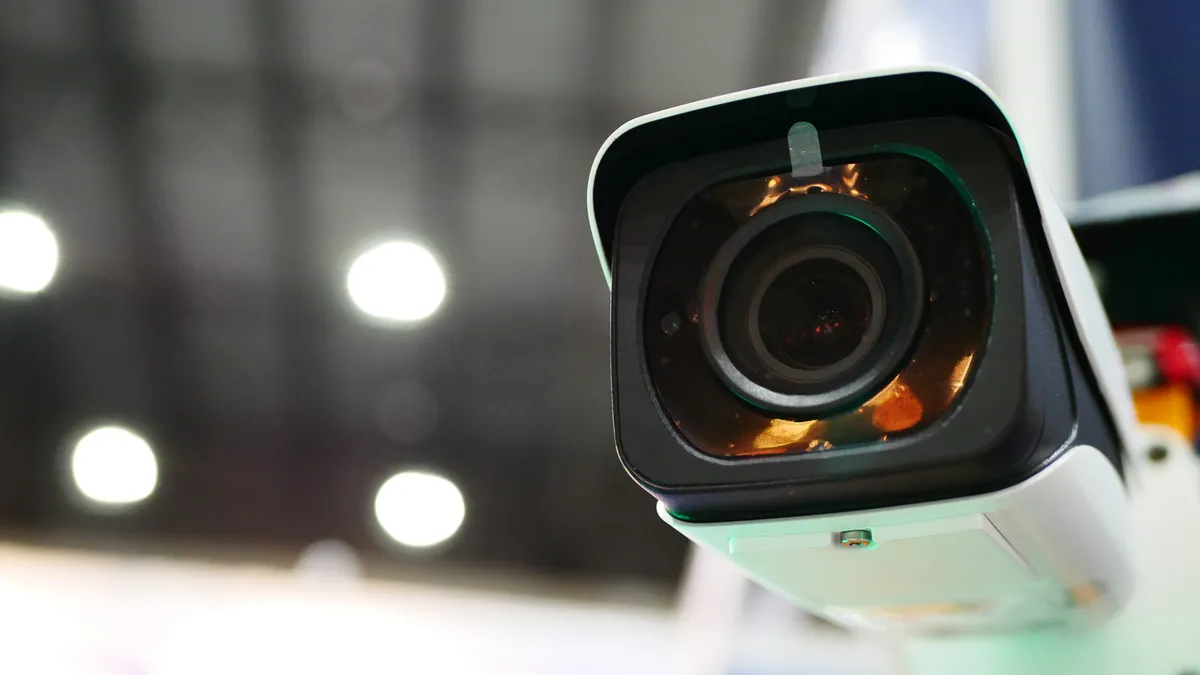The risks of using facial recognition technology in schools “may outweigh the benefits,” the New York State Office of Information Technology Services said in a report released this month.
While some argue facial recognition technology can make schools safer, the report said there is little evidence from real-life situations that such security systems prevent violent incidents.
The report also cited research from The Violence Project noting that between 1980 and 2019, 70% of school shooters were current students. Facial recognition technology cannot prevent a current student from entering a school building without an administrator or staff member first acknowledging a student was in crisis, made a threat, or shown they could be a threat to school security, the report said.
“Educational researchers point out that reliance on technology to secure schools can lull administrators and staff into a false sense of security when what is really needed is face-to-face interaction with students who may be in crisis,” according to the report.
The report comes at a time when technology — including artificial intelligence — is increasingly being integrated into school security efforts.
The New York Office of Information Technology Services released these findings in response to an amended 2021 state law that put a moratorium on biometric identification technology in all schools in the state, including public, nonpublic and charter schools. Before the moratorium can be lifted, the state had to release a report analyzing the pros and cons of the technology.
The Lockport City School District in upstate New York paused plans to implement facial recognition technology in its school security cameras even before the moratorium went into effect, as the state began investigating risks of the security system features.
The New York report is not the first to warn about using facial recognition systems in schools. A 2020 study from the University of Michigan concluded that the technology is racist, “brings state surveillance into the classroom,” “punishes nonconformity,” is “inaccurate” and results in companies profiting from collecting students’ personal information.














